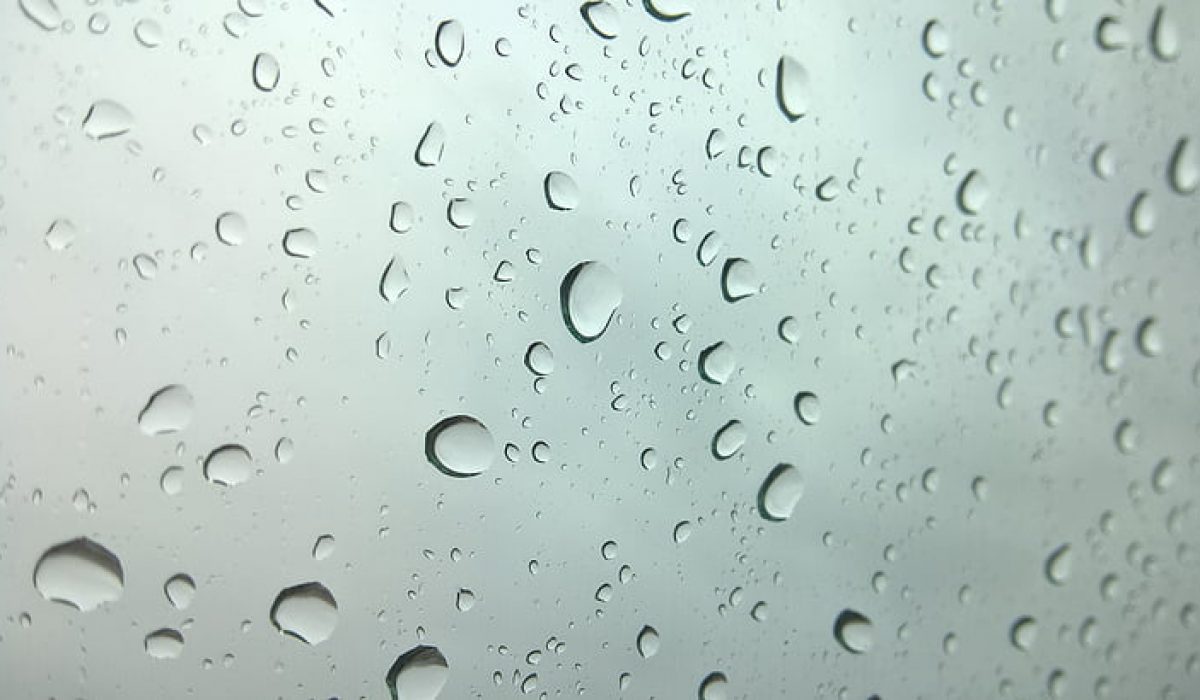Rain is a natural phenomenon that occurs when water vapor in the air condenses into water droplets and falls to the ground. While many people enjoy the cooling effect and the smell of rain, others fear getting wet and catching a cold. With the ongoing pandemic, some might wonder if getting hit by the rain can increase their risk of getting sick. In this article, we will explore the effects of rain on human health and address some common misconceptions.
The Effects of Rain on Human Health
Rain can affect human health in various ways, both positively and negatively. Here are some of the most common effects.
A. Getting Wet in the Rain
Getting wet in the rain can cause discomfort, especially if it is cold outside. While it is not inherently harmful, prolonged exposure to rain and low temperatures can increase the risk of hypothermia, a condition where the body loses heat faster than it can produce it. Hypothermia can cause shivering, confusion, and even death if left untreated. To avoid hypothermia, it is important to wear warm and waterproof clothing when it rains, especially in cold seasons.
B. Catching a Cold from Rain
Contrary to popular belief, getting wet in the rain does not increase the risk of catching a cold. The common cold is caused by viruses, not raindrops. However, rain can indirectly increase the spread of viruses by bringing people together indoors, where it is easier for viruses to spread through close contact and shared surfaces. Additionally, the change in temperature and humidity caused by rain can weaken the immune system and make people more susceptible to infections. Therefore, it is important to maintain good hygiene practices, such as washing hands and wearing masks, regardless of the weather.
C. Rain and Allergies
Rain can have both positive and negative effects on allergies, depending on the type of allergen. For example, rain can wash away pollen from the air and reduce the symptoms of hay fever. On the other hand, rain can also promote the growth of mold and fungi, which can trigger allergic reactions in some people. To minimize the risk of mold and fungi, it is recommended to keep indoor spaces dry and well-ventilated, especially in humid climates.
D. Rain and Mental Health
Rain has been shown to have a positive effect on mental health, especially in people with mood disorders. The sound of rain and the smell of wet soil can create a calming and relaxing atmosphere, which can help reduce stress
Common Misconceptions About Rain and Health
Despite the many benefits and risks of rain, there are also some misconceptions that people often believe.
A. Rain Does Not Wash Away Viruses
One common misconception is that rain can wash away viruses and bacteria from surfaces and the air, making it safer to be outside. However, rain cannot eliminate viruses and bacteria completely. While rain can dilute and disperse some of these microorganisms, it does not kill them, and they can still be present in the environment. Therefore, it is important to follow good hygiene practices, such as washing hands and wearing masks, even if it is raining.
B. Rain Does Not Cause Arthritis
Another common misconception is that rain can cause arthritis or joint pain, especially in older people. However, there is no scientific evidence to support this claim. Arthritis is a chronic condition caused by inflammation of the joints, and it is not directly related to rain or any other weather conditions. While some people may experience more pain or stiffness in their joints during rainy weather, this is likely due to changes in air pressure or temperature, rather than rain itself.
C. Rain Is Not Always Dirty
Finally, some people believe that rain is always dirty and polluted, especially in urban areas. While it is true that rain can pick up pollutants from the air and the ground, it is not always the case. In fact, rain can help clean the air by removing particles and chemicals, especially during and after a drought. Moreover, the cleanliness of rain depends on the location and the season. In areas with high levels of air pollution or industrial activity, rain may be more contaminated, but in rural or natural areas, rain may be relatively clean.
The Benefits of Rain
Despite some of the risks and misconceptions associated with rain, there are also many benefits, both for humans and the environment.
A. Rain and Agriculture
Rain is essential for agriculture, as it provides water for crops and sustains ecosystems. In areas with low rainfall, farmers often use irrigation systems to supplement the water supply, but natural rainfall is still preferable for many reasons. For example, rainwater is free and does not require energy or infrastructure to distribute. Additionally, rainwater can be more beneficial for crops, as it contains natural nutrients and minerals that can improve soil health and plant growth.
B. Rain and Air Quality
As mentioned earlier, rain can help clean the air by removing pollutants and particles. This is especially important in urban areas, where air pollution can be a major health hazard. Rain can remove nitrogen oxides, sulfur dioxide, and other harmful chemicals from the air, reducing the risk of respiratory diseases and other health problems. Moreover, rain can also help reduce the temperature of the air, which can mitigate the urban heat island effect and improve overall air quality.
C. Rain and Mood
Finally, rain can have a positive effect on mood and well-being, especially in people who enjoy the sound and smell of rain. The sound of rain can be soothing and relaxing, and the smell of wet soil can evoke positive memories and emotions. Additionally, rain can create a sense of coziness and intimacy, especially when it is accompanied by warm and comfortable indoor spaces.
Conclusion
In conclusion, rain can affect human health and the environment in various ways, both positive and negative. While getting wet in the rain does not increase the risk of catching a cold or other diseases, it is important to maintain good hygiene practices and wear warm and waterproof clothing to avoid hypothermia. Additionally, rain can help clean the air, provide water for crops, and improve mood and well-being. By understanding the effects and benefits of rain, we can better appreciate and enjoy this natural phenomenon.



